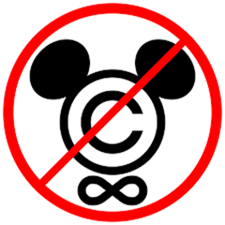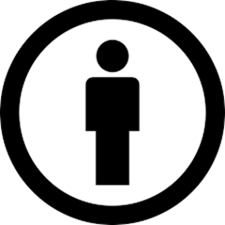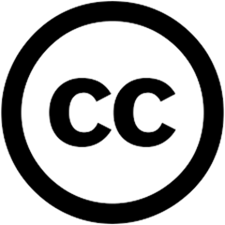When building websites, you will need images—that’s only natural. Before using them, though, make sure they are free from any law infringements.
Because unwitting plagiarism is unexpectedly common. You might use an image thinking it’s free for use, only to get stuck with a lawsuit a couple of months down the line.
Things To Consider When Using Images Online
Did You Create It?
As a general rule, you are the author of images you create. In this case, you won’t need to worry about copyright issues; you are the rightful owner of your image.
Plagiarism Is Different From Copyright Infringement
Plagiarism is a slightly less serious offence than copyright infringement. When a plagiarism issue is detected, it can be sorted by crediting the author or providing an attribution. However, copyright infringement has no workaround of this sort. It is an illegal act.
Attributing Does Not Help
In the case of copyrights, attributions do not help.
No backlinking or attributing the author safeguards a person from infringement. Copyrights give the owner exclusive rights to decide where he wants his work to be placed. None else has a say in the matter.
Asking Could Solve The Problem
Most artists find it to be in their interest to get their work published and maximize visibility. So, it more likely that an artist would allow his work to be used by website builders and businesses.
Nonetheless, the decision should be made by the artist on their own terms. Try to ask the author directly, and you might just get the required permissions.
Use Public Domains
Public domains are a great alternative to avoid such problems. You get work done quickly. You can easily find tons of images on such domains.
These are free to use, and no license is required. Some of them may require you to attribute the author, but most images are completely free with no strings attached.
Creative Commons License
Various sites where multiple users share their pictures, especially social sites, allow users to download each other photos. This is protected by a ‘creative commons’ license, and does need attribution.
Permissions Are Subject To Intent Of Usage
These permissions depend on where you want to use the image, and the purpose.
Authors could be agree to the usage of their image on a website, but not in a book or newsletter. This is just an example; the actual permissions vary from case to case. Make sure you are on the same page as the author.
Take Responsibility
When building your website for online business, you will most likely have a ecommerce developer or designer doing it for you.
It is better to get things clarified from the beginning. Make sure your designer follows the best practices, and complies with copyright laws. All the images they use must either be free to use, or have permissions and licenses that let you use them.
This is important. When there’s a dispute, the business is more likely to be held responsible than a freelancer or employee.
Editing Is Not Owning
There are various image editing tools that can change the original image. You can tweak it to such an extent that it is no longer recognizable as the original. However, this doesn’t make you the owner. Doing this is a violation; the copyrights still remain with the creator, and not the editor.
Now that you know these crucial facts, you might just find it easier to work with images on your website.



